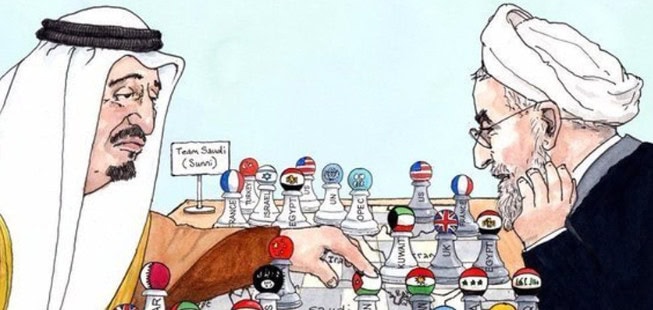Stock futures indicate modest gains on Monday even as Middle East tensions flared this weekend pushing oil prices higher. Economists are optimistic about the upcoming economic data, with consensus estimates predicting a significant improvement in Durable Goods Orders to 4.5%, up from the previous -6.6%. However, the Dallas Fed Manufacturing Index is expected to stay in negative territory. Meanwhile, corporate buybacks are anticipated to continue at a strong pace, as noted by Goldman Sachs.
European stocks experienced mixed trading on Monday as investors weighed the impact of escalating Middle East tensions, marked by recent strikes between Israel and Hezbollah. This geopolitical unrest added a layer of uncertainty to the markets. However, a positive note came from U.S. Federal Reserve Chairman Jerome Powell, who hinted last week that interest rate cuts might be imminent, providing a boost to market sentiment.
Investors in Asia are closely monitoring the financial landscape as they assess dovish remarks from U.S. Federal Reserve Chairman Jerome Powell, which suggest a more cautious approach to interest rate hikes. Meanwhile, geopolitical tensions are escalating in the Middle East, with Israel and Hezbollah exchanging strikes, adding to market uncertainties.
Economic Calendar


Earnings Calendar

Notable reports for Monday before the bell include HEI.
News & Technicals’
On Monday morning, Russia launched a significant assault on Ukraine, deploying over 100 missiles and around 100 attack drones during the busy rush hour. This aggressive strike resulted in the deaths of at least five people and caused widespread damage to energy facilities across the country. Consequently, numerous areas, including parts of Kyiv, experienced power cuts and water supply outages. The scale and timing of the attack have heightened concerns about the ongoing conflict and its impact on civilian infrastructure.
Over the weekend, tensions in the Middle East escalated as Israel’s Air Force targeted Hezbollah positions in Lebanon. In response, the Iran-backed group launched over 320 rockets towards Israel. This surge in conflict had immediate economic repercussions, notably driving up oil prices. Brent crude rose by 0.85%, reaching $79.59 per barrel, while U.S. West Texas Intermediate increased by 0.87%, hitting $75.69 per barrel. The market’s reaction underscores the sensitivity of global oil prices to geopolitical instability in the region.
On Sunday, China pledged to take action in response to the U.S. decision to add certain Chinese firms to its export control list. A spokesperson from China’s Ministry of Commerce criticized the U.S. move, stating that it undermines international trade order and rules, and jeopardizes the security and stability of global industrial and supply chains. This development follows the U.S. announcement on Friday that it would be adding entities from China, Russia, and other countries to its list in an effort to further restrict Russia’s military capabilities amid the ongoing conflict in Ukraine.

The World Health Organization (WHO) has declared Mpox a public health emergency due to a recent surge in cases. Mpox is a viral infection that spreads through close contact, including sexual contact, and manifests with flu-like symptoms such as fever, chills, and muscle aches, along with pus-filled lesions. The WHO has identified a new offshoot of clade 1, known as clade 1b, as the primary cause of the recent increase in infections. This development underscores the urgent need for heightened awareness and preventive measures to control the spread of the virus.
As the bulls continue to reach out for new records the middle east tensions have muted this morning futures gap. The T2122 indicator continues to indicate a very overbought short-term condition so continue to be vigilant raising stops to protect profits should a profit-taking wave were to begin. Corporate buybacks continue to be the driving force along with the highly hoped for rate cut in September.
Trade Wisely,
Doug







Comments are closed.